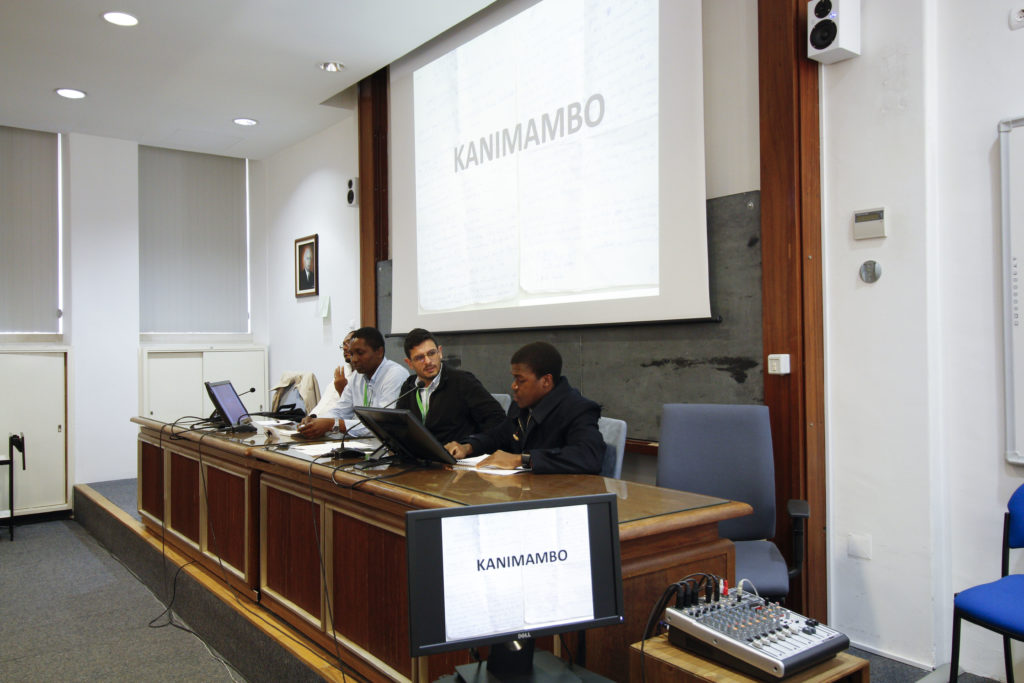On 10 April the IHMT NOVA hosted a talk about the efforts being made by Mozambican authorities and civil society, together with international cooperation, to respond to the devastating effects of Idai, hurricane that in March hit the central zone of the country.
We had the impressive testimony of Jorge Arroz, a doctor who for two weeks supported the implementation of the humanitarian response in Buzi, and the physician Sérgio Chicumbe, who accompanied the coordination events in Maputo. Clemente Silva, a Mozambican academic living in Lisbon, also participated in the panel.
The debate, attended by nearly a hundred people among IHMT students, professors and researchers, and public health experts of several nationalities, raised issues related to food security, support for people in ransom and reconstruction, epidemiological and entomological surveillance, economic impacts of the disaster and the need to provide the country with mechanisms to respond to future events.
Over the past decades the scientific community has warned of the risk of an increase in the occurrence of extreme phenomena as a result of climate change. In addition to human and economic devastation, these events pose enormous challenges for global health in the medium and long term. Idai has proven that this risk is real and that the international community, in the name of climate justice, should develop mechanisms of solidarity and cooperation to support the most fragile countries in preparing to respond to these phenomena.
The IHMT is working with other partners to support the Mozambican scientific community and the country’s health system in strengthening the capacity to respond to emergency situations.
